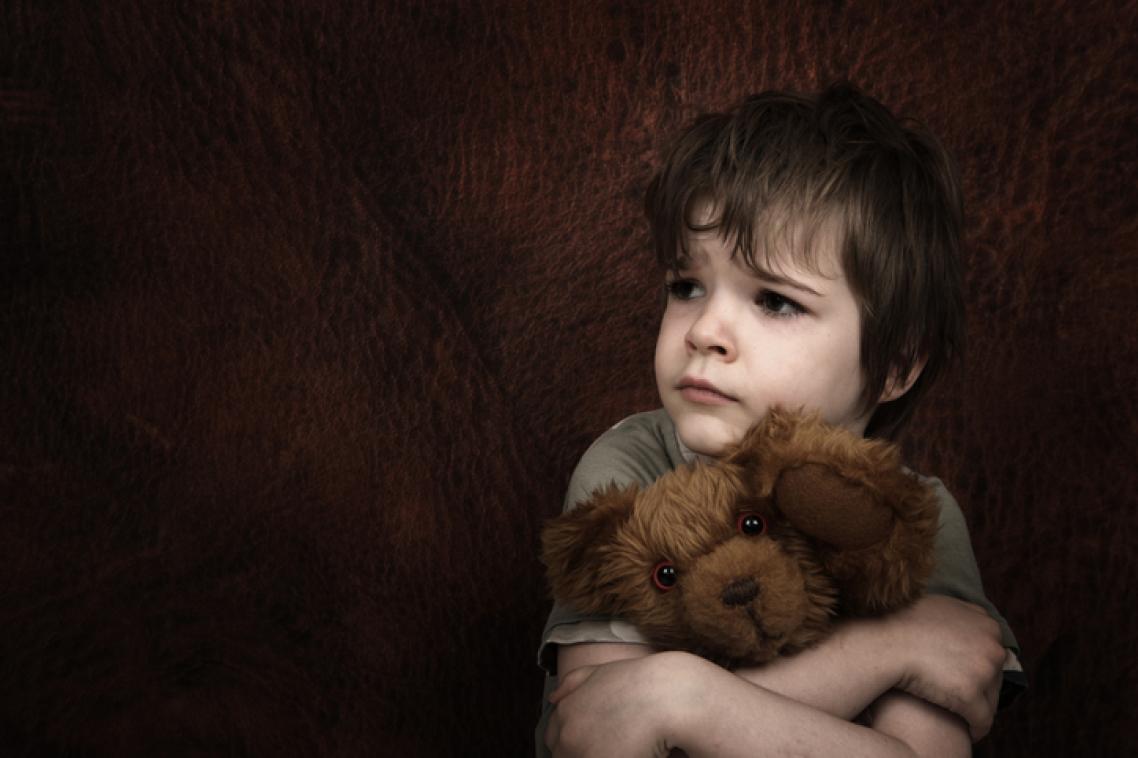Childhood trauma can make people like morphine more

People who experienced childhood trauma get a more pleasurable ‘high’ from morphine, new research suggests.
Dr Molly Carlyle from The University of Queensland’s School of Psychology said high rates of childhood trauma have been identified in people with addictions, but little research has explored the mechanisms that underlie this link.
“Our findings show these sorts of experiences can actually change how certain drugs feel," Dr Carlyle said.
“Those with childhood trauma preferred the opioid drug morphine and they felt more euphoric and had a stronger desire for another dose.
“Those with no childhood trauma were more likely to dislike the effects and feel dizzy or nauseous.
"This is the first study to link childhood trauma with the effects of opioids in people without histories of addiction, suggesting that childhood trauma may lead to a greater sensitivity to the positive and pleasurable effects of opioids.
"This may explain the link between childhood trauma and vulnerability to opioid use disorder, and have implications for treatments and the prescribing of opioids medically."
The research team compared the effects of morphine on 52 healthy people – 27 with a history of childhood abuse and neglect, and 25 who reported no such experiences in childhood.
The study's participants, aged 18–65 each attended two sessions, one week apart, and received either an active dose of morphine (0.15mg/kg) or a negligible control dose (0.01mg/kg) in a randomised trial.
Their experiences of morphine were measured by asking them a set of questions eight times, once before the morphine injections then at regular intervals afterwards.
Pain and pain relief were also measured by placing a hand in cold water, and recording how long it took people to find this painful or not and how long they could tolerate leaving their hand in the water.
“One possible explanation for the differing responses to morphine is that childhood trauma affects the development of the endogenous opioid system – a pain-relieving system that is sensitive to chemicals including endorphins, our natural opioids,” Dr Carlyle said.
"It's possible that childhood trauma dampens that system.
“When a baby cries and is comforted, endorphins are released, so if loving interactions like this don't happen, this system may develop differently and could become more sensitive to the rewarding effects of opioid drugs."
The study is published in Addiction Biology (DOI:10.1111/adb.13047).
Dr Molly Carlyle conducted this research as part of her PhD at the University of Exeter and is now a Research Fellow for UQ’s School of Psychology.
Media: Kirsten O’Leary, UQ Communications, k.oleary@uq.edu.au, +61 412 307 594; Dr Molly Carlyle, m.carlyle@uq.edu.au, +61 (0)7 3443 2569.
Topics
Related articles

Greater attention needed on community service workforce

Nature versus nurture question addressed in landmark study
Media contact
UQ Communications
communications@uq.edu.au
+61 429 056 139
